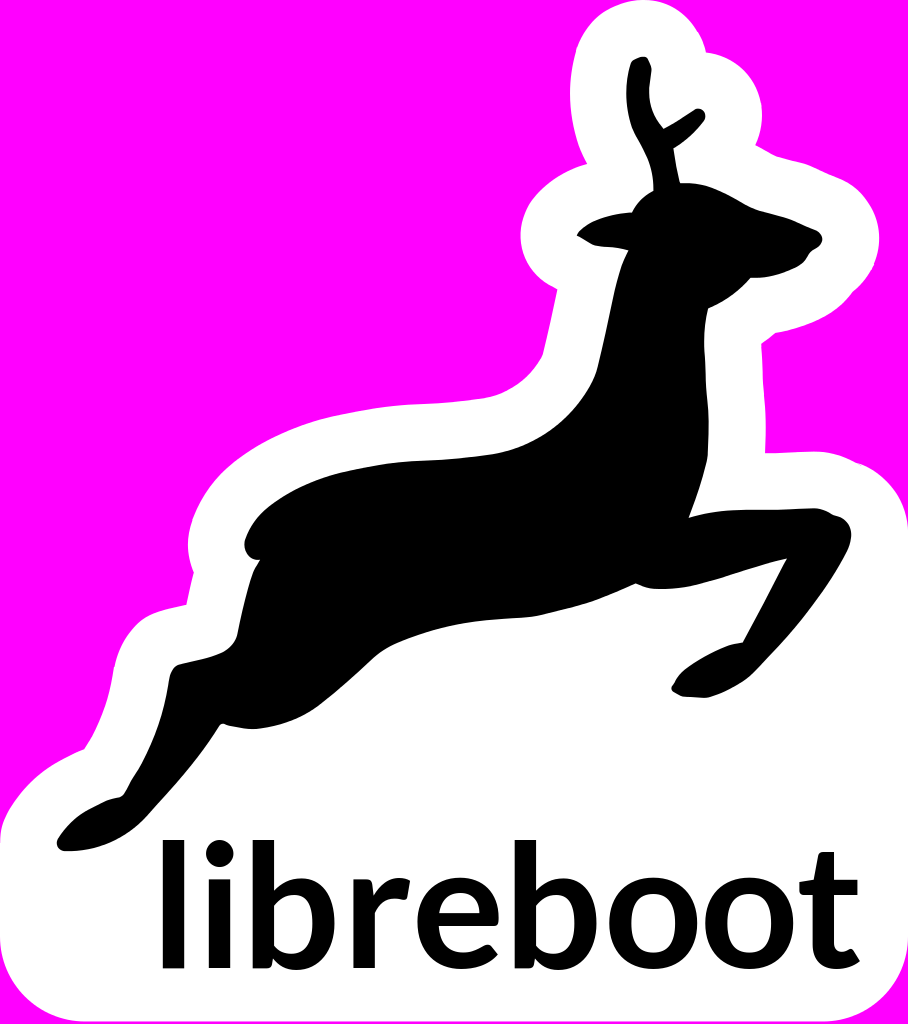First off, forgive the low quality of the picture, my digital camera has trouble with photos of computer screens.
In order to install Libreboot, it helps to have GNU/Linux installed on the laptop first. This can be tricky with the MacBook 2,1. The official Libreboot docs (https://libreboot.org/docs/hardware/macbook21.html) offer two options: install from an external USB drive, which can be quite technical, or install from a DVD. The problem with the DVD option is that the optical drives on these MacBooks tend to fail (the optical drive on the one I bought today wasn’t working).
Fortunately, there is a much easier way. If you have a 64-bit version of GNU/Linux already installed on an SSD from another laptop, just put it into the MacBook, and it should work. These MacBooks made it easy to upgrade the drive and RAM, by removing the battery, and then loosening three screws to remove a protective plate. When powering the laptop on, hold down the alt/option key. The drive you just put in should come up as “Windows” in the dual boot menu.
Once the laptop is powered on, if you have flashrom/flashprog and your Libreboot ROM ready, you should be able to internally flash Libreboot, simple as that.
Trisquel GNU/Linux has worked for me when doing this trick. I have had some trouble when using a 32-bit version of Trisquel, a 64-bit version does not give me any problems.

